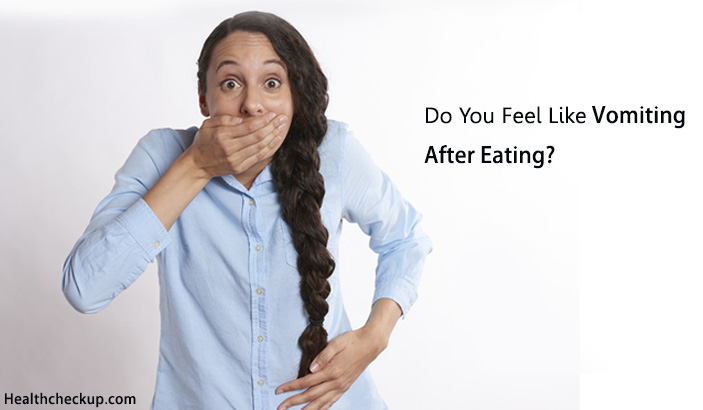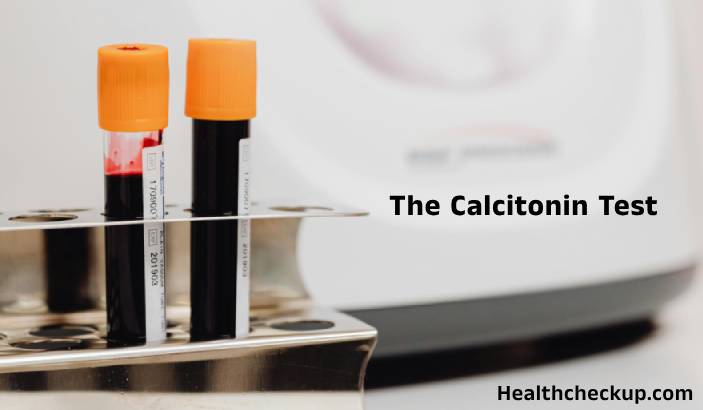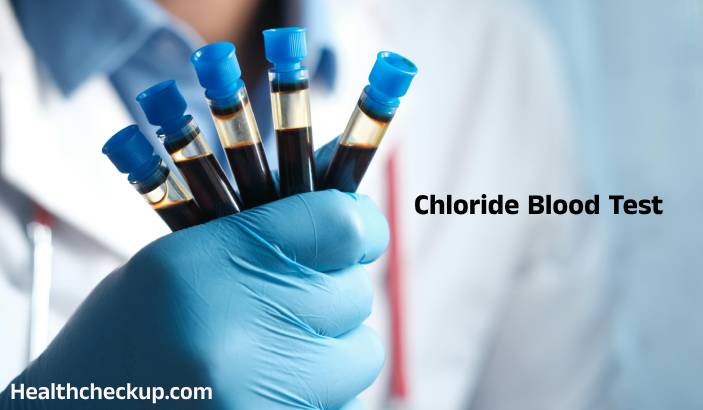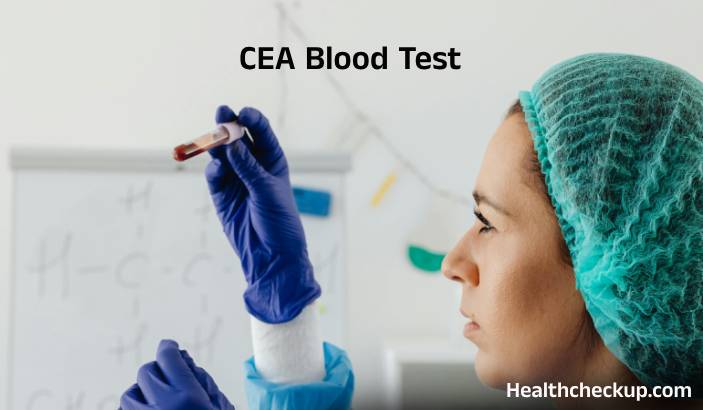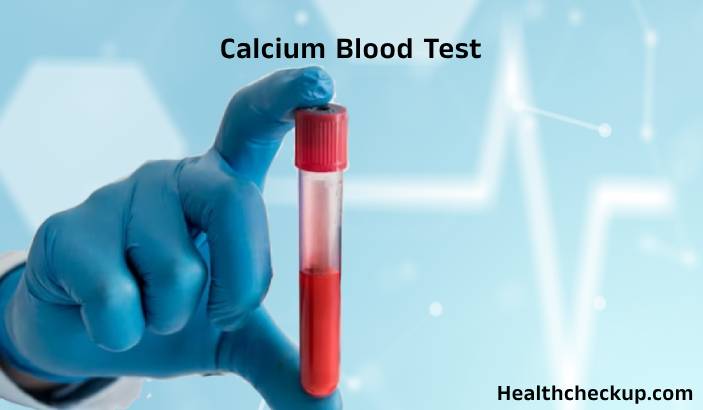Children, women and men alike all confuse the term vomiting and nausea. Throwing up is the action of forceful expulsion of the stomach’s contents through the mouth or nose. Before you vomit, there is a very uncomfortable feeling that precedes puking. This feeling is what is known as nausea. Nausea is generally associated with vomiting but is not a guarantee that you are going to eventually puke. If you feel like vomiting after eating, here are the possible reasons, home remedies and preventive measures to be taken.
Signs and Symptoms of Vomiting
Nausea is usually interpreted as a sign of illness. Signs and symptoms vary depending on the cause of your nausea. They may be in form of heavy breathing, sweating profusely or feeling dizzy. Fatigue, dehydration and pain in the abdomen can also be warning signs.
Why do I Feel like Vomiting after Eating?
It is quite common to feel like vomiting after eating. The urge to puke after a meal can be very disheartening especially during meal times. If it happens on rare occasions it is quite normal and there should be no cause for worry. However, if you always feel like vomiting after eating you should go for a health checkup. There are a number of reasons a person may feel like throwing up after a meal.
What Causes You to Feel Like Vomiting After Eating?
- Food poisoning or if you have food allergies
- Because of a stomach infection
- Pregnancy and Stress
- Inflammation of the lining of the stomach
- Acid reflux and Stomach ulcers
- Gall bladder disorders
- Medication or medical treatments like chemotherapy
- Overindulging or binge eating or drinking.
- Motion sickness especially in children
- Gastroparesis – This is a medical term for food moving slowly through your intestines despite there being no blockage.
Home Remedies When You Feel Like Vomiting
Feeling nauseated or even vomiting after eating is not a sickness. It could be a sign or symptom of another underlying problem. If the symptoms persist, ask our doctor for professional advice. There are home remedies you could try out.
- Eating ginger-whether cooked or raw, or in form of a drink can help counter nausea. Ginger neutralizes stomach acid by promoting secretion of various digestive enzymes.
- Alcoholic beverages and drugs should be avoided at all costs. Instead opt for lots of clear fluids that are sweetened. Avoid acidic juices like grape or orange juices.
- Take rest with your head elevated when the feeling becomes escalated.
- Placing a cold press on your forehead or back of your neck can also help prevent emesis after eating.
Some medical practices like acupressure can be applied. Massaging the right pressure points can help you avoid vomiting. If the feeling of nausea becomes too intense, just let it out. There is a feeling of relief once you stop holding it in and just vomit.
How to Prevent Vomiting When you have Nausea?
If you feel nauseated after eating you can avoid vomiting altogether. There are some few remedies that you can try out to prevent puking.
- Avoiding some foods. If you notice you have an allergic reaction to certain foods avoid them completely. For example if you feel like vomiting after eating oily foods, avoid too much fatty foods.
- Pace or regulate your eating and drinking habits. Instead of eating huge meals at a time, opt for smaller portions. Eat regular small rations of food.
- Avoid food that is hard to digest
- Drink lots of fluids especially clean water. Take the fluids in between meals rather than during.
- During pregnancy, take high protein diets before going to bed. Some lean meat at night will reduce nausea in the morning.
- For children, make sure they rest a while after eating. Playing shortly after eating can cause nausea.
- Get some fresh air. Ensure you are in a well-ventilated place. You can loosen some tight fitting clothes
When to Consult A Doctor
Though nausea is not a life threatening situation, there may come a time when you need an expert’s opinion on the matter. You should consult your doctor if you faint or collapse before or after vomiting. If you have high fever, notice blood in the vomit or have severe chest pains a professional medical care giver should be informed.
Vomiting may also cause severe dehydration and abdominal pain. See a professional for medical advice if you always feel like vomiting after eating. A check-up should also be done to test for pregnancy or if the vomiting continues for a prolonged period without respite.
When you feel like vomiting after eating is not a disease. It is a sign that there is something seriously wrong with your body. Get the tests and procedures from your doctor to determine the cause. Once there is a proper diagnosis, medication is prescribed to combat the ailment.
Medically Reviewed By

Professionally, a trained Microbiologist and Plant operator, Eustace is an experienced health content writer who is passionate about helping people lead a healthy life.


